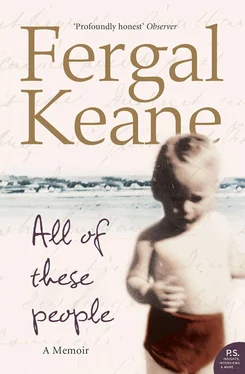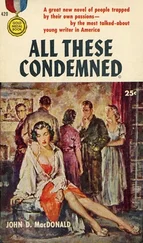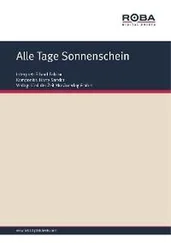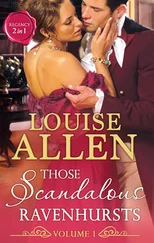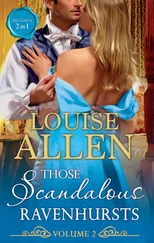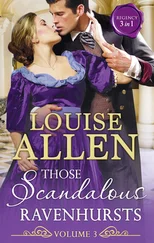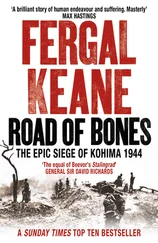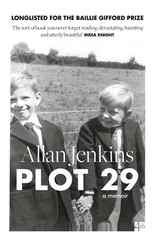My father knew many different politicians but he was never a party political person. Instead great causes appealed to him, so he would turn out to act in a play about apartheid in South Africa, or the murder of Patrice Lumbumba in the Congo. At different times he could be a romantic nationalist, a socialist visionary, a worshipper of Parnell and Collins, and sometimes all of these things at once.
In the summer of 1968 we went to London. My father had a part in the Abbey Company’s production of the George Fitzmaurice play The Dandy Dolls at the Royal Court in Sloane Square. The play and my father’s performance in particular were well received. Those are among the happiest days of my childhood memory.
We all travelled over by boat, arriving at night into a city that seemed on fire with light and roaring with noise. This was the first return to the city in which I’d been born and my parents seemed excited and happy. We stayed in a guesthouse on Ebury Street in Pimlico. There was no end of novelties. We had orange juice and bacon for breakfast, travelled on red buses and on the Tube, motored down the Thames on a riverboat and ate takeaway curries at night. A theatre critic over from Dublin asked me one day: ‘Do you know at all what a great man your father is?’ I told him I did. I was passionately proud of him. My father wasn’t drinking and seemed genuinely happy. At night he took me for short walks, my hand in his, guiding me through the night.
We had good days, my father and I. They are so precious to me now that I remember the smallest details. On my birthday in January 1971, in Dublin, he took me into town on the bus. The Christmas lights were still up, reflected on the dark Liffey and in the pools of rain along O’Connell Street. He held my hand as we walked down into Henry Street, past the hawkers back from their Christmas break, flogging off the last of the tinsel and crackers, shouting ‘apples, bananas and oranges’, and every so often I would notice someone recognising my father. Sometimes they came up and asked for his autograph. Other times they whispered to the person they were with: ‘It’s your man off the telly. Your man the actor.’
By this time Éamonn was a public figure. He was always kind to the people who asked him to sign something or who wanted to have a moment of his time. I would stand there, holding his hand, while he listened to them praising his performance in some play or other, or sharing some anecdote from their own lives.
But on the day of my birthday nobody stopped us. We were unstoppable! My father had been sober for a while now, and we strode through the city with confidence. We went to a café behind the Moore Street market. ‘You can have anything you like,’ my father said. Double burger and chips followed by doughnuts it was, then. Then we went to see the great film of the moment, Waterloo, starring Rod Steiger. I cheered when the Emperor returned from Elba and was re-united with his army. At the end of the film I wept at Napoleon’s defeat and was comforted by my father. ‘Able was I ere I saw Elba,’ he said. ‘That’s the same sentence even if you spell it backwards.’
We travelled home across the bridge over the Grand Canal and into Harold’s Cross where the road divided for Terenure and Kimmage. On the bus home I pressed close to him and he put his arm around me and told me jokes.
My memory is hungry for the happy moments. I realise now that I have hoarded them over the years. They are my version of the family silver. I remember a night around Christmas time when the car became trapped in a bog on the way to my father’s home place in Listowel. There was a heavy mist. But I wasn’t fearful. My mother was calm at the wheel. My father kept talking to keep our spirits up.
By the time we got there the lights were out in my grandmother’s house on Church Street. I staggered sleepily upstairs to bed in the footsteps of my parents. When I woke early and looked outside the street was glistening with frost and I saw the first donkeys and carts rattle past, laden with milk cans on their way to the creamery.
Конец ознакомительного фрагмента.
Текст предоставлен ООО «ЛитРес».
Прочитайте эту книгу целиком, купив полную легальную версию на ЛитРес.
Безопасно оплатить книгу можно банковской картой Visa, MasterCard, Maestro, со счета мобильного телефона, с платежного терминала, в салоне МТС или Связной, через PayPal, WebMoney, Яндекс.Деньги, QIWI Кошелек, бонусными картами или другим удобным Вам способом.
